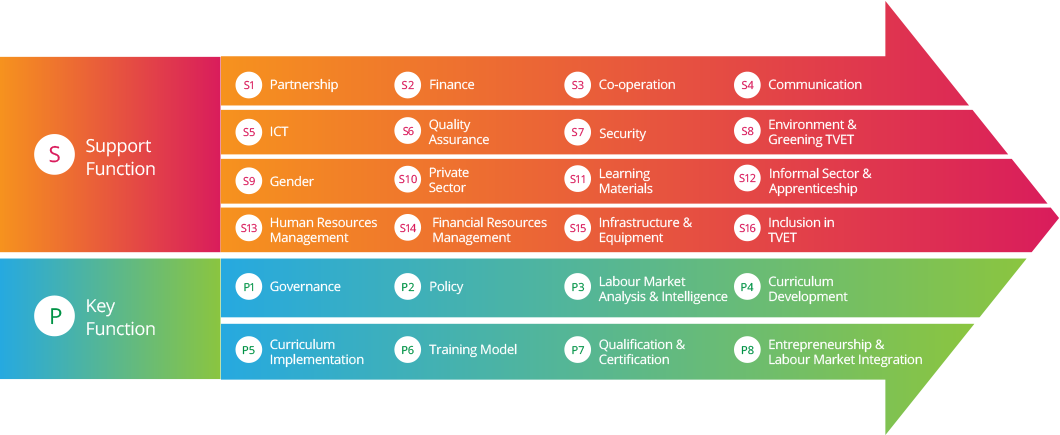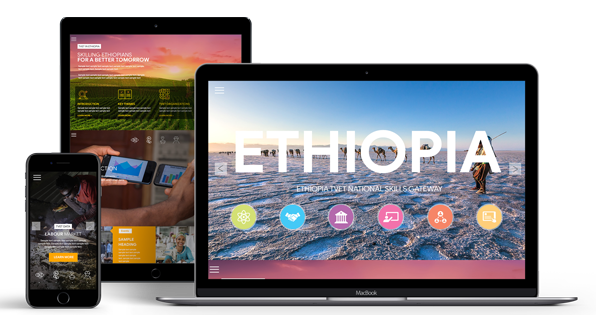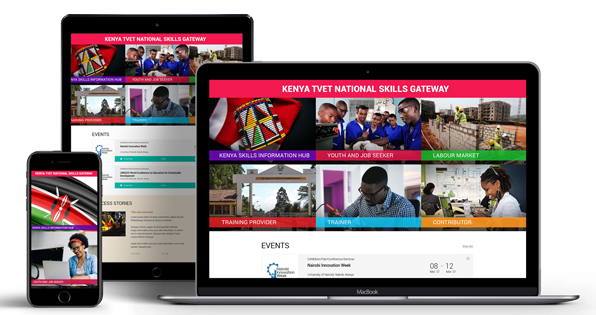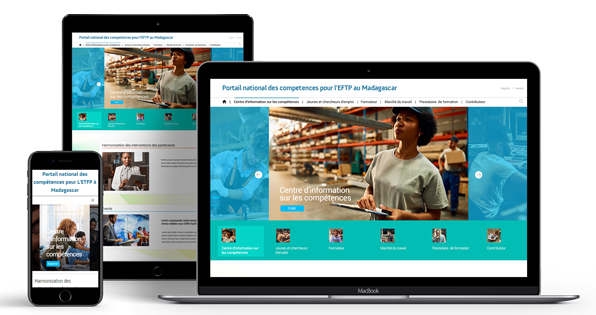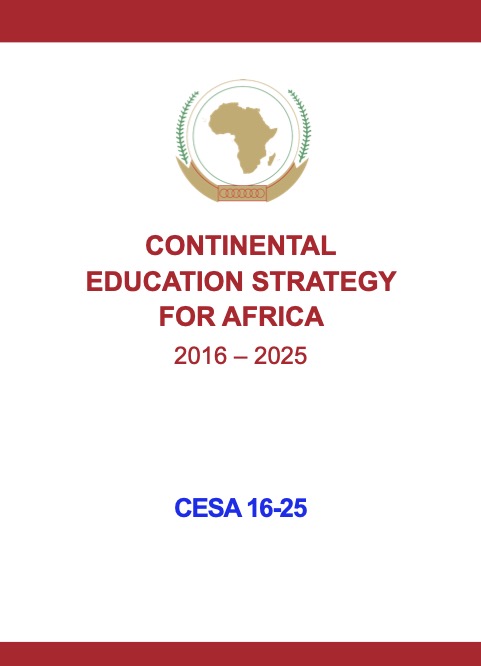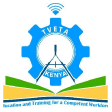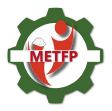Log in
BEAR II is a joint effort between UNESCO and the Republic of Korea to improve the TVET systems of five beneficiary countries in Eastern Africa.
Mahe process advocates for the improvement of TVET across East Africa through sharing of information and working towards regional harmonisation and mutualization.
The need for integrating ICT is very critical in the post-COVID-19 world that has disrupted TVET activities. This brings about the need for a TVET regional platform for member states to collaborate, exchange information and support in harmonisation and mutualization activities under the Mahe Process.


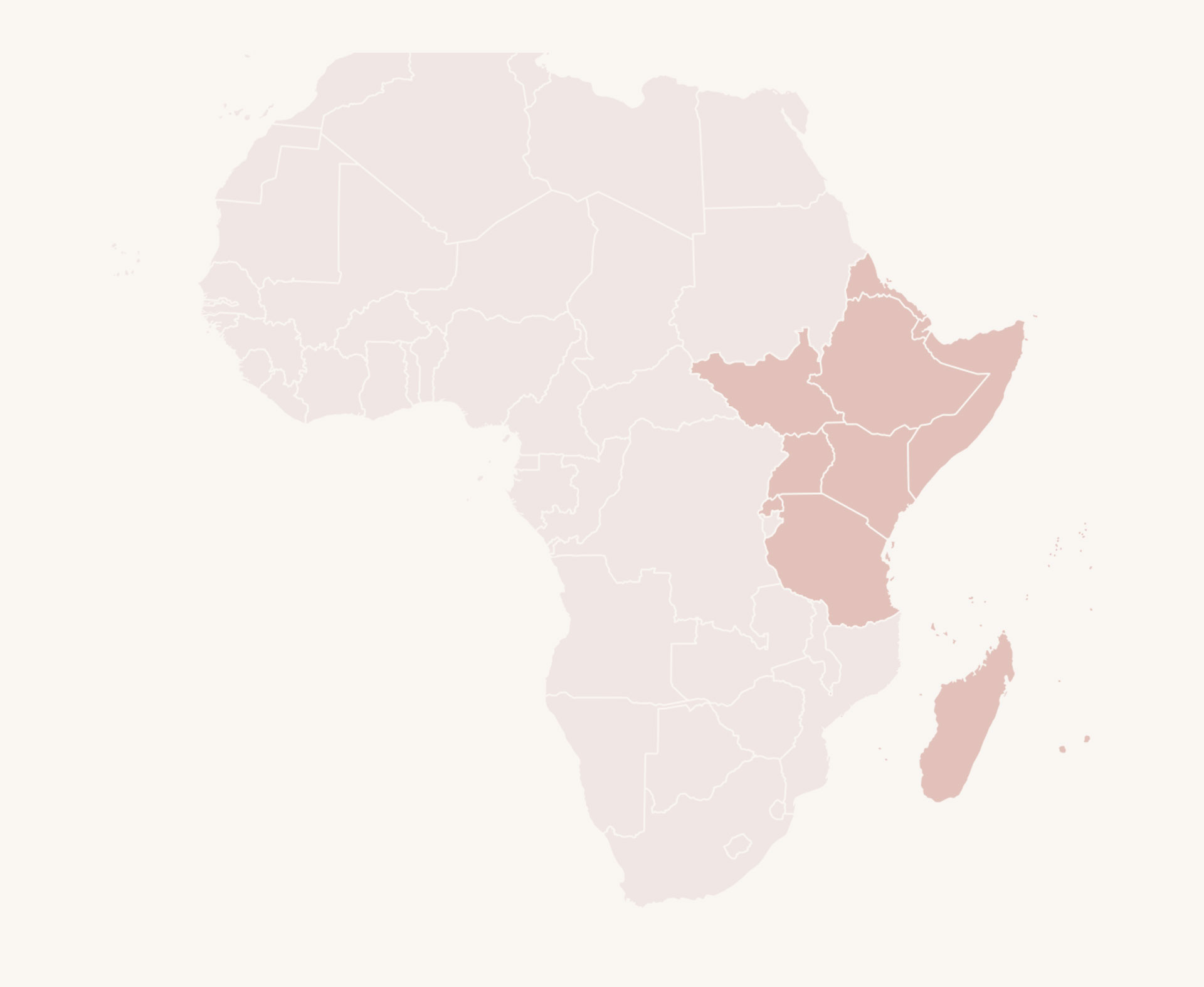










; ?>images/mahe-img/Flag/South-Sudan-Flag.png)
; ?>images/mahe-img/Flag/Tanzania-Flag.png)
; ?>images/mahe-img/Flag/Uganda-Flag.png)
